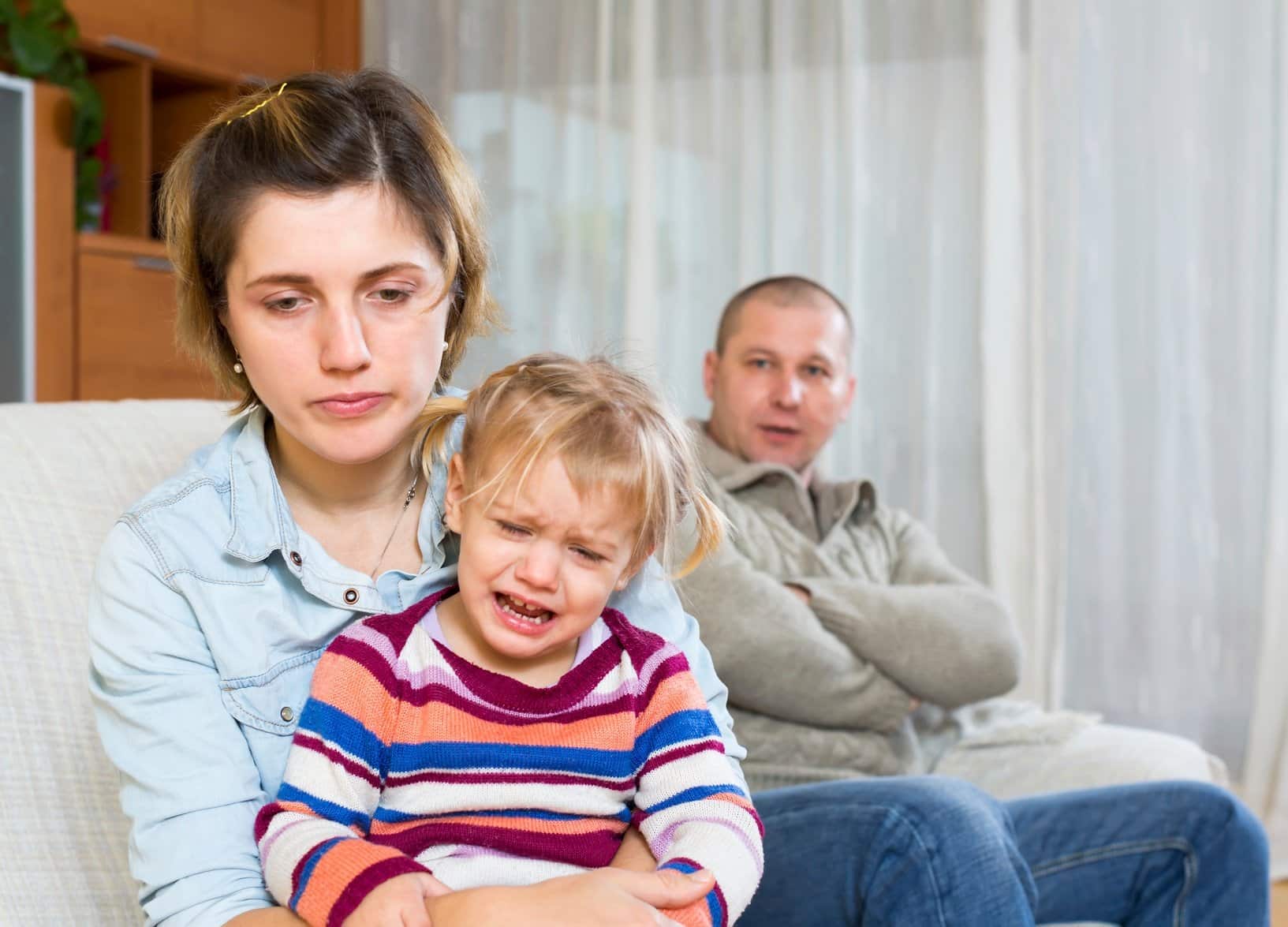In recognition of National Parental Alienation Awareness Day on April 25th, I thought it was appropriate to clarify what constitutes parental alienation. Parental alienation occurs when one parent purposefully encourages a child to disengage with the other parent and/or denigrate the other parent.Typical methods include: badmouthing the parent, denying visitation rights through geographical relocation or other means, using the psychological threat of detachment, and withdrawing affection and other tactics. Unfortunately, one of the most damaging effects of a difficult, highly contested divorce, is parental alienation.
The issue is extremely complex and difficult to assess — especially initially. For pre-school age or younger children, the harmful effects of parental alienation may not be apparent for several years. New research studies showing the negative psychological effectsof parental alienation syndrome or PAS are receiving much greater attention as the divorce rate in the United States continues to exceed the 50% mark, and more and more families are affected.
Schedule a Parental Alienation Assessment With a Family Law Attorney Today!
The issue affects not only the parents in a divorce, but grandparents and other “extended family” members as well. Too often, the precious bonds that a child has developed with his or her grandparents, aunts, uncles, step brothers and step sisters are battered or broken due to the selfish ugliness a parent exhibits to get back at the other spouse.
In a parental alienation situation when one parent uses tactics of hostility with a child, the dynamics of custody changes. A new custody evaluation may be in the best future interest of the child. Enlisting the legal advice of an expert can help a parent with an alienated child evaluate their options and pursue the proper course of action.
The most qualified family law attorneys are familiar with the latest research on the topic, have an extensive network of experts in the filed of child developmental psychology, the sociology of relationships, and have the knowledge of the relevant legal principles to assist them in protecting and defending a parent’s right to pursue a healthy relationship with their child. It is vitally important that these matters are handled with extreme sensitivity, care and professionalism to ensure the best interests of the child.
Responsible parents have the right to have a positive, loving relationship with their children. And, children deserve to grow up in a psychologically healthy relationship with their parents. Indeed, as research suggests, emotional dysfunction for the child can follow him or her far into their future relationships with others.


